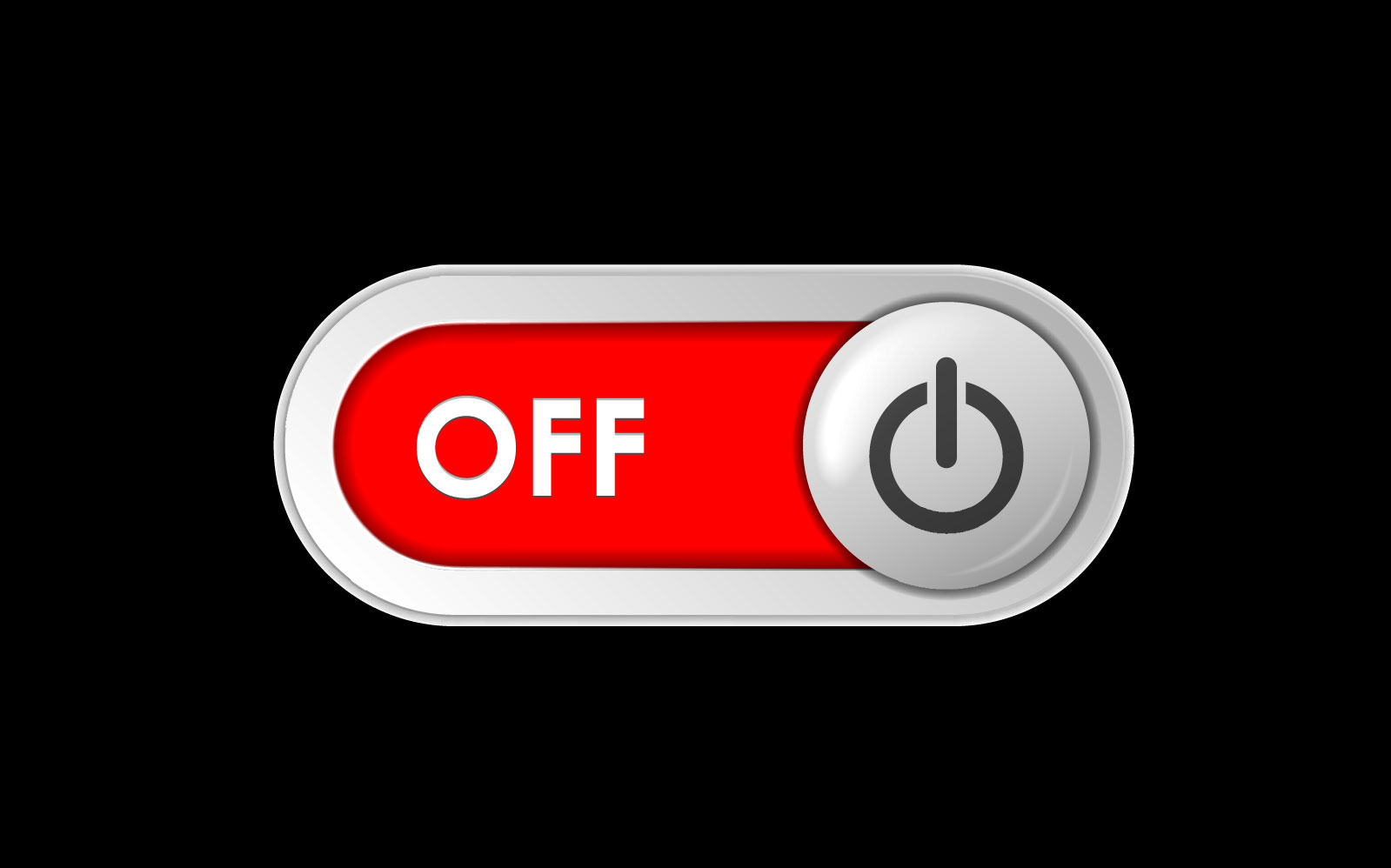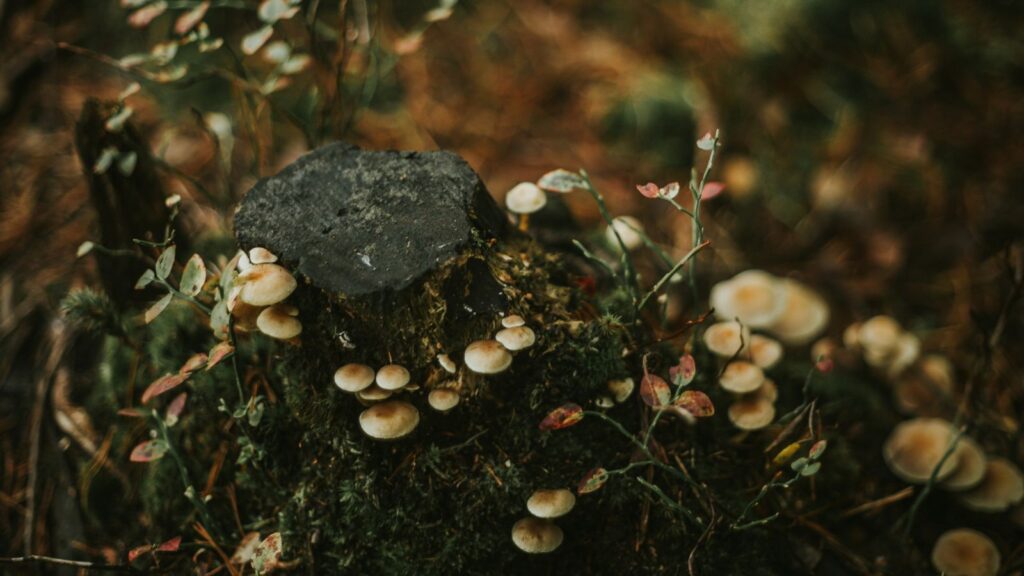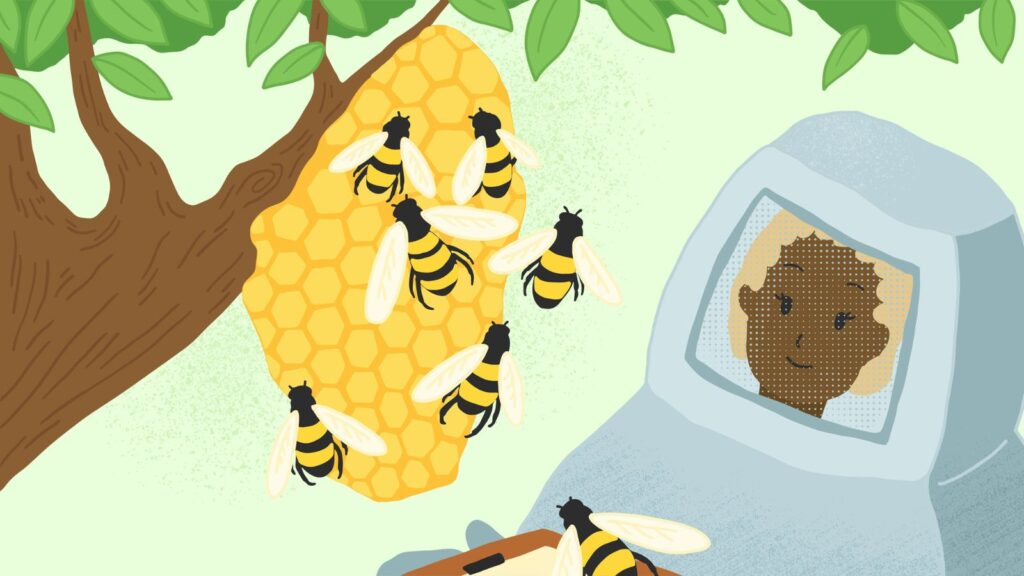A pharmaceutical company called MindMed is developing a drug that can effectively and safely stop an LSD trip. This novel “off-switch” for LSD compound, however, has certainly sparked some tension between two major players in the psychedelic field – Silicon Valley and the psychedelic researchers. Why? I don’t know. That drug already exists within many plant circles – Xanax.
MindMed is Developing a Drug Act as an “Off Switch” for LSD Trips
MindMed is a company that hails from the Silicon Valley camp, and they’ve partnered with Liechti Laboratory in Switzerland, the birthplace of LSD. This “off-switch” drug would serve clinicians and facilitators working with LSD, and perhaps other plant medicines, in the case that they find themselves with someone who is having a “bad trip.” This compound, though no one outside of MindMed knows what it is, has sent waves across the psychedelic field. Silicon Valley stands by its right to do whatever it wants. On the other side, the Rick Doblins of the world want psychedelic medicine to get through the regulatory process.
A drug to end a psychedelic trip? That exists already. It’s called Xanax. Many plant facilitators carry it in the case of an emergency, which is a rare occurrence. As psychedelics are coming above ground, there has been a lot of attention and fear directed towards this tricky idea of a “bad trip.” Most plant facilitators would say that there is no such thing as a “bad trip.”
What is a Bad Trip?
Intense trips do happen, but there are so many reasons why they do and ways around and through them, which is why the facilitator is crucial to this process. Their job is to guide the person through those types of experiences, not to give them another way of avoiding what they’ve been avoiding for most of their lives. A “bad trip” as it is currently classified is not the same thing as an emergency situation. Those are distinct. Personally, I would want to be facilitated by someone who wouldn’t use an “off-switch” for LSD unless the situation was truly an emergency.
Ask a Shaman
Since Xanax is used in some plant medicine circles in a rare emergency, I asked a respected plant medicine facilitator that will remain anonymous. Out of the hundreds of people that he’s facilitated over a decade, he’s only used Xanax three or four times. One of those times involved facilitating a man with PTSD from war because he felt that the man was at risk of hurting himself or someone else.
Having worked with psychedelics for about a decade, I’ve had many intense trips that could have become “bad trips,” and experiences that I needed guidance around. An experienced shaman or facilitator has probably guided many through the exact same thing. Personally, I wouldn’t want to be in a room with a psychedelic facilitator that confounds a “bad trip” with an emergency situation. I don’t want that fear in my space if I’m about to undergo a therapeutic process.
A Culture that Denies Their Feelings
From that perspective, an “off-switch” drug seems rather benign. Just put it next to the Xanax. In the case of an emergency, it’s there. What concerns me is that we live in a culture that that denies feelings. This detachment has sparked the mental health crises that we face. We tend to look for a quick exit when uncomfortable feelings start to arise. One of the reasons why psychedelics work so well with trauma, for example, is that they allow the person to process it while staying emotionally connected. They don’t detach from their feelings, in other words.
A hypnotherapist with whom I studied used to say that there is no such thing as bad feelings, only ones that you don’t understand. We place a lot of emphasis on the importance of getting psychedelic medicine out there to those who need it, but it is equally important to consider who is administering these and how we are educating them. Facilitators need to be able to guide people through a whole gamut of experiences and be able to truly assess the difference between a “bad trip” and an “emergency situation.”
Feelings Aren’t Bad
People need a safe space to be able to feel. Truly, how many of us feel like we have the space to do so? We don’t seem to make much room for those. Plant medicine ceremonies that are more therapeutically geared provide a place to do that and sometimes, that results in a big experience. If feelings have been bottled up, denied, and rejected that could mean a bumpy ride. That’s normal. The facilitator is there to help someone through the process. Not to place judgmental labels such as “bad” onto an experience that is a little more nuanced, complex, and mysterious.
What if we eliminate the idea of a bad trip – then what would we get? The unknown might look scary, but oftentimes, it’s not as scary as you think.
There isn’t really anything that novel about the “off-switch” for LSD drug or at least the idea of it. What concerns me is how one defines what a bad trip is. If most plant medicine facilitators would say that there is no such thing as a bad trip, then how should we train psychedelics facilitators around this issue? The phrase “bad trip” is an elusive, vague concept that mostly plays on our fears. Thus that idea is easy to manipulate. A bad trip is a bad idea to implant in our brains. Feelings are good. All of them. Regardless of switches. Drawing a distinction between a bad trip and an emergency situation, however, might be wise.















